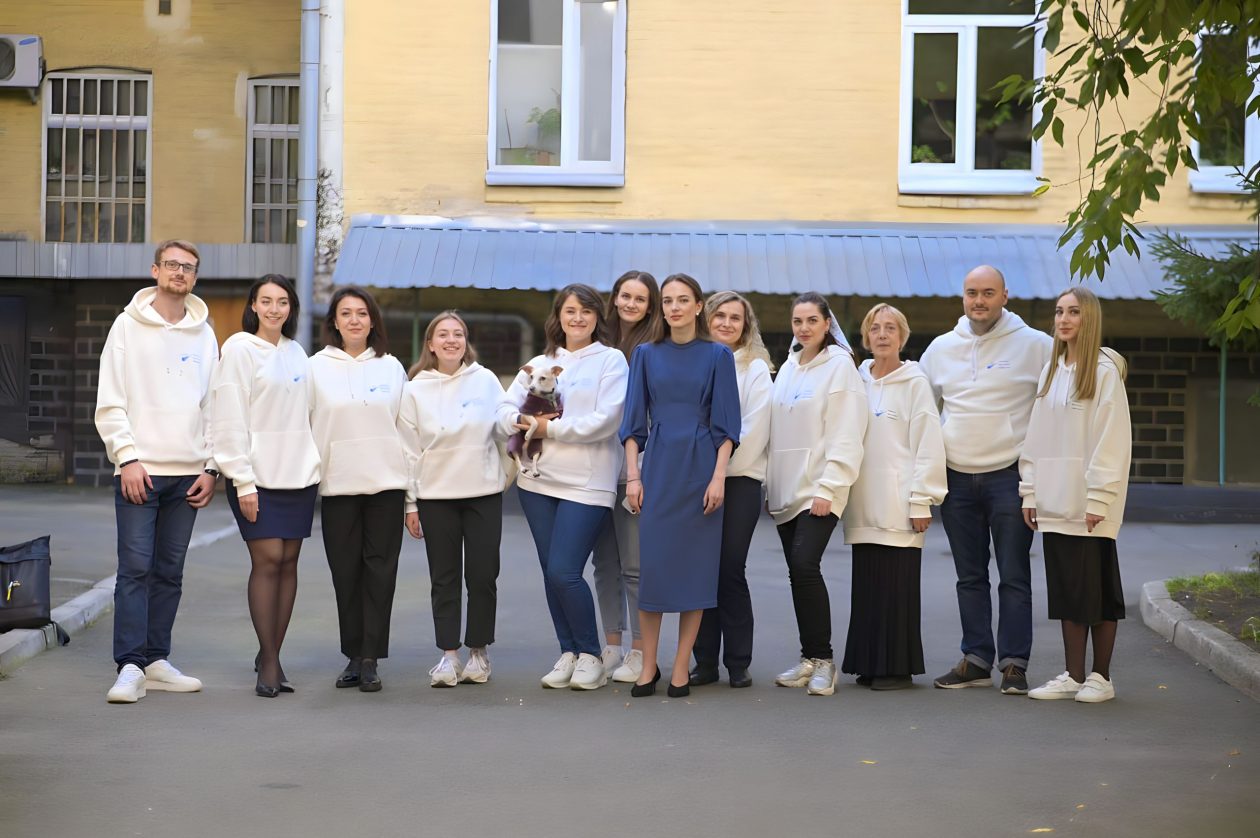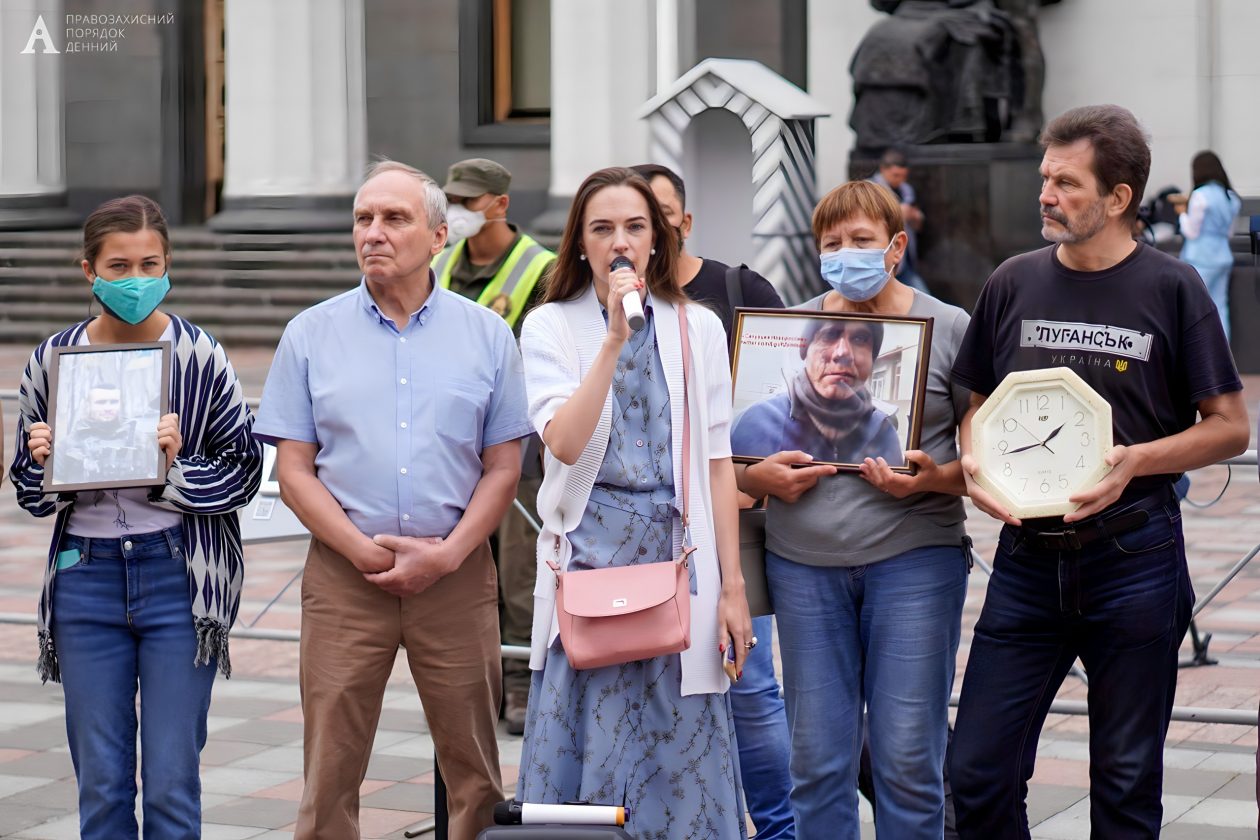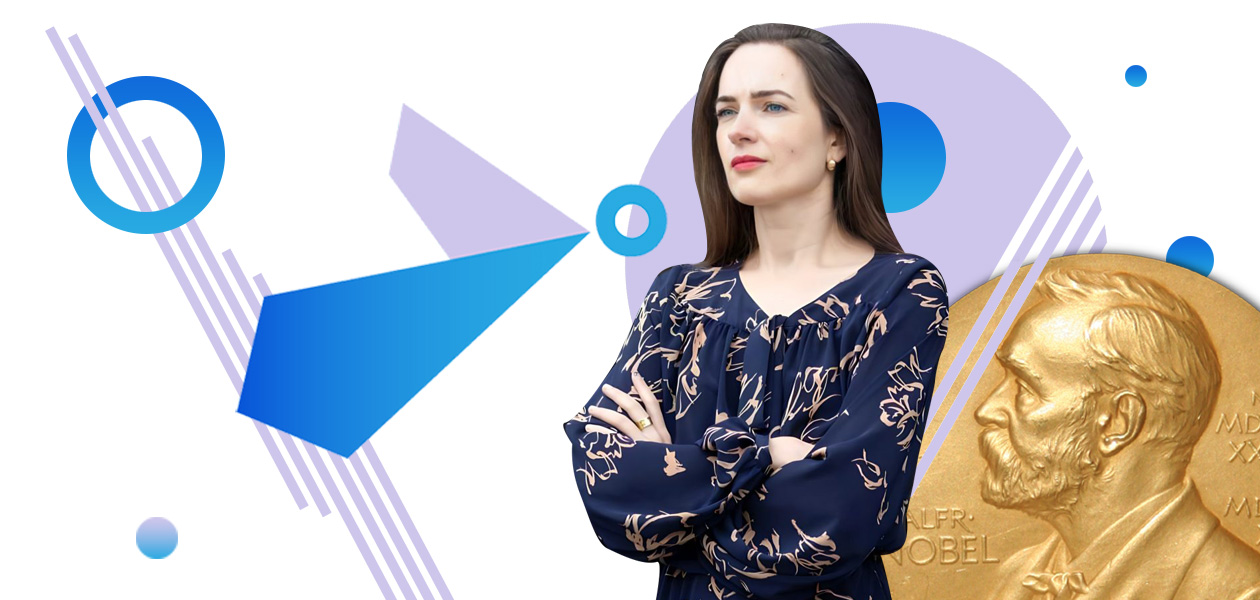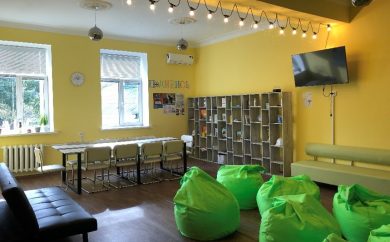On Friday morning, October 7, Oleksandra Matviychuk, leader of the Ukrainian Center for Civil Liberties, was standing at the Warsaw railway station on her way home from a business trip to New York. Suddenly, her phone rang. In disbelief, her colleague told her about an upcoming announcement – the Center for Civil Liberties was included in list of nominees for the Nobel Peace Prize.
Later that day, Oleksandra’s phone would burst with greetings and compliments. For the first time in history, Ukraine was among the three laureates to receive the Nobel Peace Prize: “The peace prize laureates represent civil society in their home countries. They have for many years promoted the right to criticize power and protect the fundamental rights of citizens. They have made an outstanding effort to document war crimes, human rights abuses, and the abuse of power. Together they demonstrate the significance of civil society for peace and democracy,” announced the Norwegian Nobel Committee.
When Russia occupied Crimea and parts of the Luhansk and Donetsk regions in February 2014, the Center for Civil Liberties (CCL) was among the first ones to mobilize efforts for documenting Russia’s war crimes. After Russia’s full-scale invasion of Ukraine in February 2022, USAID/ENGAGE supported the Center to revamp the Euromaidan SOS initiative which was launched by CCL during Ukraine’s 2013–2014 Revolution of Dignity to provide legal assistance to protestors and monitor abuses committed against them. Today, the revitalized initiative serves as a major platform for advocating and raising awareness, utilizing civilian testimonies to shed light on the continuous human rights violations committed by Russia’s military in the Kremlin’s aggressive warfare.
Through the Euromaidan SOS chatbot, the Center has also processed nearly 900 requests for assistance with evacuation, information and humanitarian help from Ukrainians living on occupied territories. It also published nearly 600 informational materials on the official Facebook page to raise awareness of war crimes committed by Russia’s army in Ukraine.

To ensure accurate and efficient documentation of Russia’s war crimes CCL launched regular training for individuals without a background in international humanitarian law or fieldwork experience. These efforts to involve ordinary people in war crimes documentation have yielded impressive results: in just three months, the organization trained 173 volunteer documenters who documented 1,188 episodes of Russia`s war crimes and collected hundreds of stories that would later be used to prosecute the perpetrators. CCL’s volunteer lawyers have used domestic and international legal mechanisms of the UN, the Council of Europe, the OSCE, the EU and the International Criminal Court to redress these brutal human rights violations and submitted 71 cases under domestic and universal jurisdictions.
CCL has joined forces with dozens of organizations from the region to establish the global Tribunal for Putin (T4P) initiative. Unlike the Euromaidan SOS platform, T4P relies on professionals to document war crimes and crimes against humanity throughout Ukraine. The Initiative makes use, where possible, of the existing procedures of the United Nations, the Council of Europe, the OSCE, the European Union and the International Criminal Court to avert such crimes and to bring those responsible to justice. In the first seven months of its launch, T4P has documented more than 20,000 war crimes, which is still just the tip of the iceberg of Russia’s atrocities.

The deserved recognition that came with the Nobel Peace Prize gave Oleksandra and the CCL team a confidence boost to pursue their ambition with even more rigor: every war crime episode, even in the smallest villages of Ukraine, must be documented and all perpetrators must be brought to justice. In the coming months, CCL plans to engage more ordinary citizens in safeguarding human rights domestically and expand its advocacy at the international level to push for the creation of an effective justice mechanism for all victims of war crimes in Ukraine, and for the release of all prisoners held in Russia’s captivity.
“In this war, we are fighting for the values of the free world. Ukrainian civil society needs support from ordinary people from other countries,” believes Oleksandra. “Based on my experience, I know that ordinary people have much more power than they ever expected to have. And massive mobilization of ordinary people in different countries can change this world for the better.”


